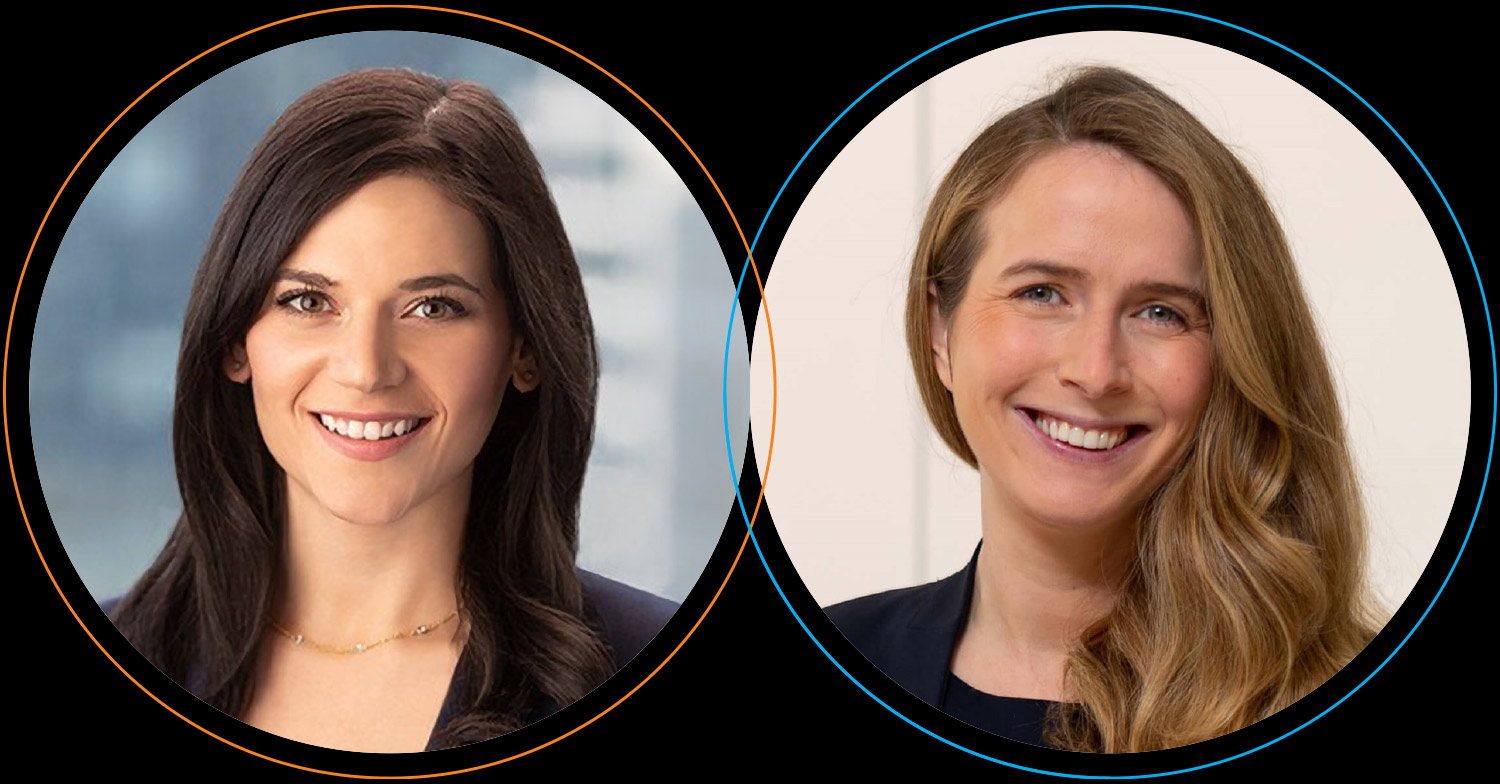
The Duo Behind the Next Generation


Where It All Started
Based in part on Professor Zipursky’s very strong recommendation, Urquhart attained a clerkship with Judge Kim McLane Wardlaw of the United States Court of Appeals for the Ninth Circuit (the first Hispanic American woman to be appointed to a federal appeals court).“She was incredible—so deeply inspiring—and she really shaped me as a lawyer and taught me about the importance of giving back.”
As a student at Fordham, too, Urquhart was focused on helping others. While there, she volunteered for a Fordham-related nonprofit called MYLE (Mentoring Youth Through Legal Education), working to tutor students from underserved areas who might have otherwise been overlooked. “We had a pretty close relationship with the students,” she says. “Fordham is all about friendship and community.”
Moore also developed a passion for educating others early on. Before law school, she was a teaching fellow with the Alliance for Catholic Education while completing her Master of Education at the University of Notre Dame. Moore and Urquhart didn’t connect, however, until they were approached by Fordham leadership to launch Next Gen’s Forward: Campaign for the Fordham Law Experience this past April. The two women quickly bonded, especially when they learned that their fathers were both graduates of Fordham Law.

Professors Who Go the Extra Mile
Though Urquhart and Moore have never met in person, their friendship has grown through phone calls and Zooms. “Liz is an amazing young lawyer, poised and funny,” says Urquhart, who plans to meet Moore this winter. “I can’t wait until we can finally get together,” she says.
Meanwhile, the two have been busy holding virtual focus groups with Dean Matthew Diller. “We talk about ways to improve the law school experience for current students, how to attract future lawyers to Fordham, and how to ensure that Fordham graduates are set up for success in their professional careers,” says Urquhart. Being on the committee has given both women a chance to take a deeper look at the workings of the law school. “There’s a lot about how the ‘sausage’ is made that we wouldn’t know just from going to the school,” says Urquhart. “We have higher-level conversations.”

Keeping the Connections Going
For her part, Urquhart is also excited about Fordham Law’s initiatives concerning mental health and wellness. (See “Educating Students for the Law—and for Life,” for more on that subject.) “As a lawyer, there’s an expectation that all the work you do will be perfect,” says Urquhart. “That ratchets up the stress.”
Urquhart believes today’s generation of law students is also very interested in mental health. “The theme of mental health runs through so many of the new programs at the Law School,” she says. “I have heard about how much this means to the students. The field of law can be pretty toxic. We want it not to be. So that’s one piece of the new campaign.”
Urquhart, Moore, and their committee-mates are proud that Next Gen has already raised nearly $400,000 in pledges, a substantial way toward the $500,000 goal. For Moore, part of that success stems from the fact that gifts can be earmarked to support different initiatives and programs: “It’s important to allow young alumni to contribute to the programs that matter most to them, for them to see that their donation has a tangible impact.” Adds Urquhart: “Young people are unwilling to accept the world as is. They want to make sacrifices for racial justice, social justice, trans rights, and other causes.” That’s why, when Dean Diller asked Urquhart and Moore to get involved, “we answered Fordham’s call,” she says. “Now, we hope others will do the same.”